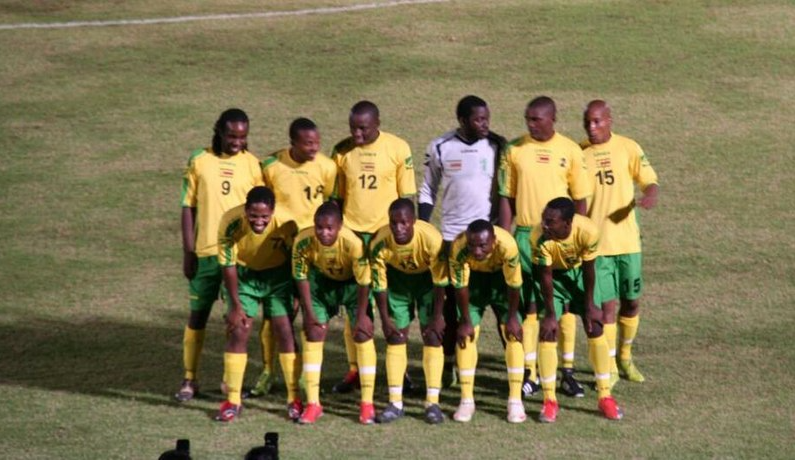
Zimbabwe is celebrating as FIFA officially ends an 18-month ban on the nation's participation in international matches. Their return to the international stage begins with a match against Lesotho on November 13 in a qualifying FIFA World Cup match.
This ban was imposed by FIFA in February 2022, a response to the government's efforts in Harare to seize control of the Zimbabwe Football Association. FIFA claimed that the association had failed to account for certain funds and neglected to address allegations of sexual abuse against female players by the team's officials.
As a result, Zimbabwe was ineligible to participate in both the 2023 African Cup of Nations (AFCON) and the women's AFCON tournament. FIFA decided to lift the ban with an eye on the qualifiers for the upcoming World Cup.
Zimbabwe's Sports Minister, Kirsty Coventry, believes the ban, despite its challenges, has had a positive long-term impact on Zimbabwean soccer.
"Hundred percent it was worth it," Coventry said.
"It was hard, it came at a cost that we all knew before we took the decision, but to get to this final stage, where we can sit down and agree finally on [a] way forward, that is going to benefit us as a country."
The formation of the Normalisation Committee
In response to the lifting of the ban, FIFA has mandated the appointment of a "Normalisation Committee." This committee is entrusted with overseeing the daily operations of ZIFA, instituting organisational reforms, and reviewing the association's statutes.
- Cops Arrested For USD 10 Fraud
- Wife attempts to murder husband’s lover
- Accountant in court for US$52K fraud
- ED challenger further detained
Keep Reading
This committee will also create a collaboration agreement, with FIFA's help, involving the Ministry of Sport, the Sports and Recreation Commission (SRC), and ZIFA to address various issues, including sexual harassment. They will organise elections for a new ZIFA Board and ensure a smooth financial transition to the incoming Board.
"I want to assure Zimbabwe that you have the complete support of FIFA and of the Confederation of African Football in ensuring that Zimbabwean football reaches the heights we've all desired," said Solomon Mudege, FIFA's Head of Development in Africa, who introduced the committee members.
Mudege stressed the importance of transparent communication between FIFA, the government, and the Zimbabwe Football Association to prevent future disruptions. Although the ban has been lifted, he stressed that Zimbabwe's government must keep its distance from the association's affairs.
"I can assure you in the coming days, you will see a more transparent FIFA, how they share what is important and how they share investments from governments and investments from FIFA. It's something that we are proud of," said Mudege.
"So there is no change in FIFA's approach. What we encourage is more engagements. We shouldn't talk to each other [only] in situations of crisis and conflict."
Zimbabwe's road to the 2026 FIFA World Cup
The end of the ban also caused a celebration among soccer fans in Zimbabwe. The sport has been gaining popularity, as seen from the emergence of soccer betting in Zimbabwe.
Zimbabwe's sports history is tied to its past and its involvement in international sports. Many sports were introduced during colonial times, leading to Zimbabwean teams participating in international sports today.
For the second 2026 FIFA World Cup qualifying matchday, Zimbabwe is facing the Super Eagles of Nigeria. However, due to the absence of a FIFA-approved stadium in Zimbabwe, this matchup will occur on neutral ground at the Amarhoro Stadium in Kigali.
Zimbabwe's Rufaro Stadium, National Sports Stadium, and Barbourfields all failed to meet FIFA's stringent standards. Consequently, the country's national team will make the journey to Kigali for the match against the Super Eagles.
Aside from Zimbabwe, Nigeria, and Lethoso, the group also includes teams from Rwanda, South Africa, and the Benin Republic. The winner of the group will secure automatic qualification for the 2026 World Cup, which is set to be hosted by the United States, Mexico, and Canada.










